The UK market exceeded 2.4 million new cars in 2014, so demand is back where it was before the recession, according to the Society of Motor Manufacturing Traders.
However, incomes are not, so how do we afford all these cars? Firstly, very few people buy cars nowadays — about 70 per cent of retail buyers use PCPs, which generally offer lower monthly costs than buying a three-year-old car.
Secondly, the UK is one of the few European countries where people can be incentivised to take a new car, so marketing money has been flooding here. As a result, it is hard to see the market rising further in 2015.
Mathematically adept readers will note that the percentages listed below add up to a total of 99.71 per cent.
The principal manufacturers not covered here are Abarth (0.07 per cent), Chevrolet (0.12 per cent) and what the statistics describe as ‘Other British’ — namely, some of our specialist sports car manufacturers (0.03 per cent).
The balance is made up of Lamborghini, Morgan, Perodua, Proton, French microcars — and three Saabs.
2014 market share: 0.22 per cent (down from 0.25 per cent in 2013)
As with certain religious cults, the second coming has been subject to delay. An all-new range is on the way, but the biggest threat is that Alfa is now so small that the public won’t actually notice.
2014 market share: 6.54 per cent (up from 6.37 per cent)
Most of Audi’s growth in the UK this year has come from the A3. Even though the company’s biggest seller has moved down a class, from the compact executive A4 to the smaller A3 hatchback, there is no sign of Audi’s brand image becoming any less aspirational.
2014 market share: 0.06 per cent (up from 0.05 per cent)
Market share is on the rise again, but the best news is that Bentley has been chosen as the Volkswagen Group’s global centre of excellence for the W12 engine — a vote of confidence by its parent.
2014 market share: 5.91 per cent (up from 5.88 per cent)

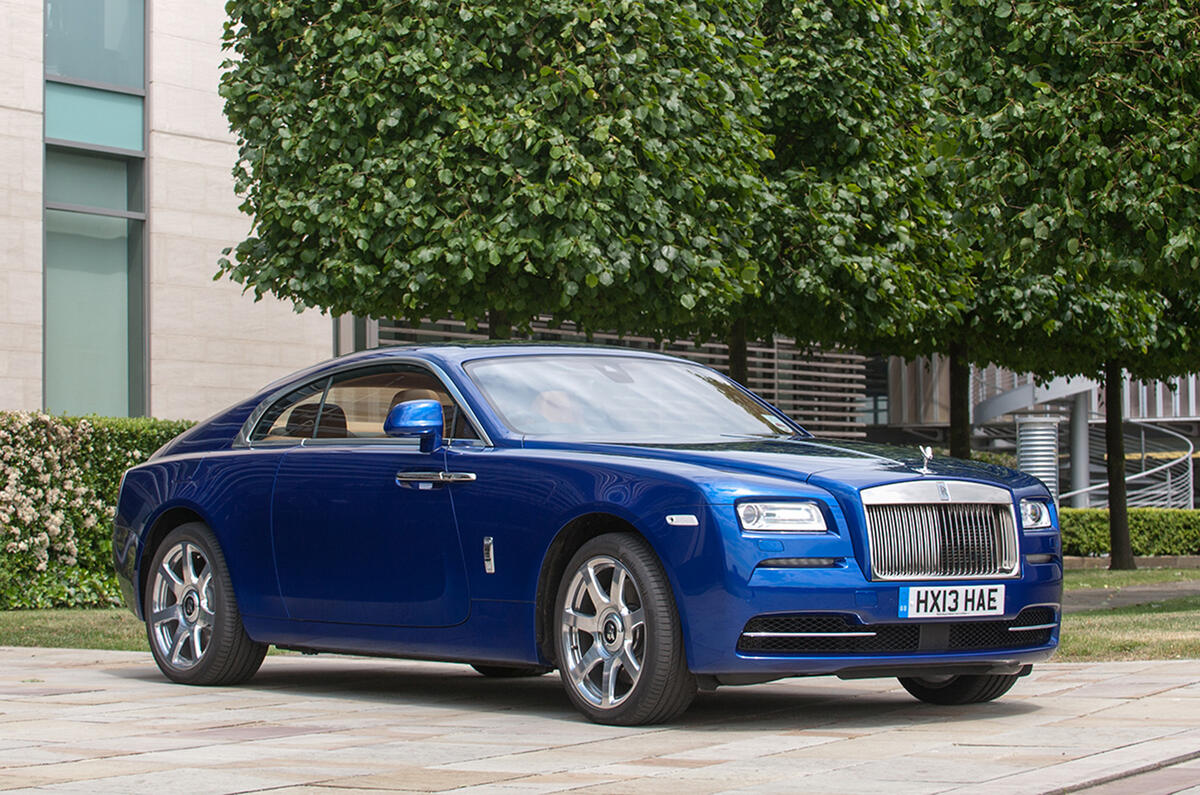
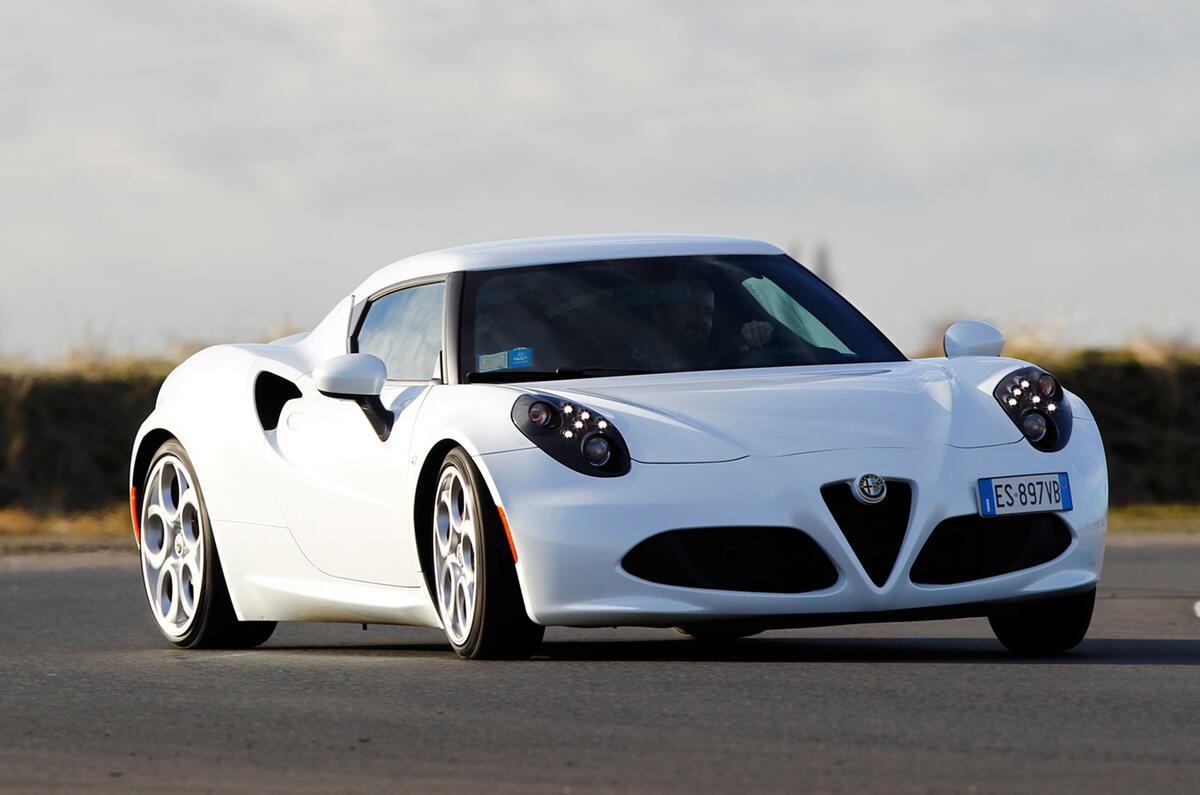
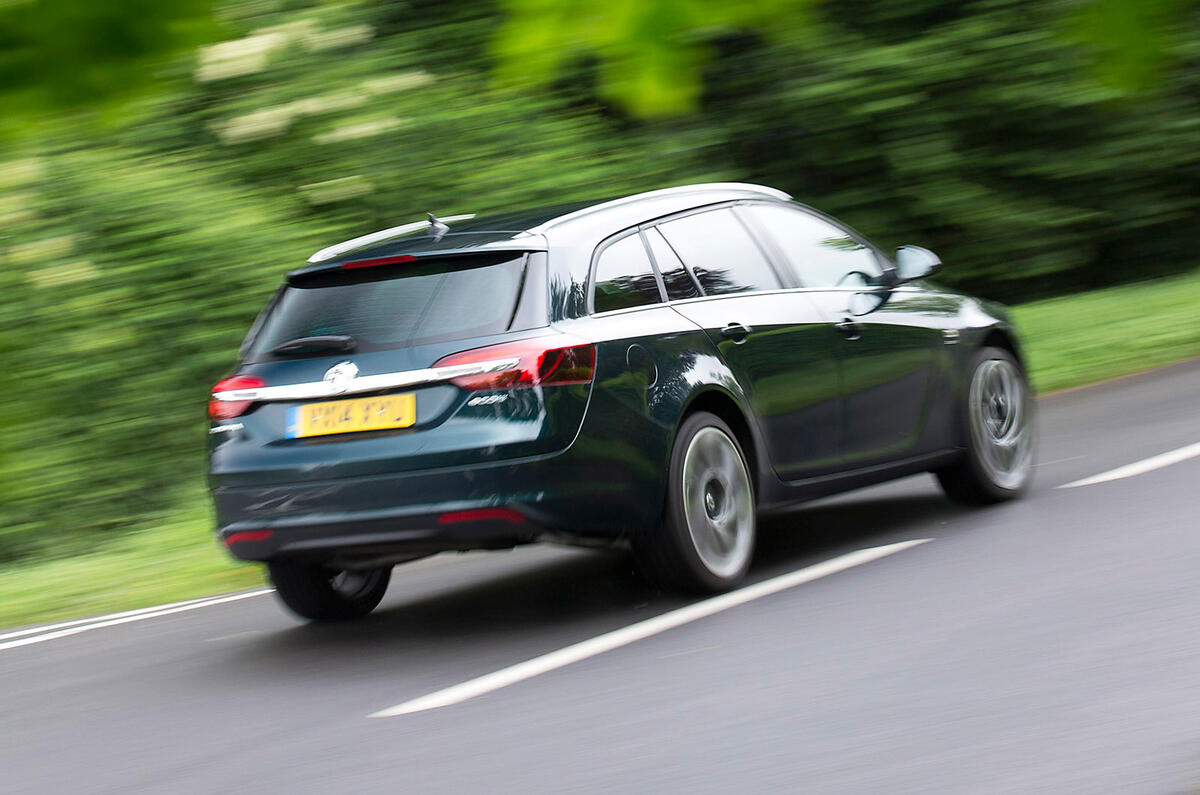
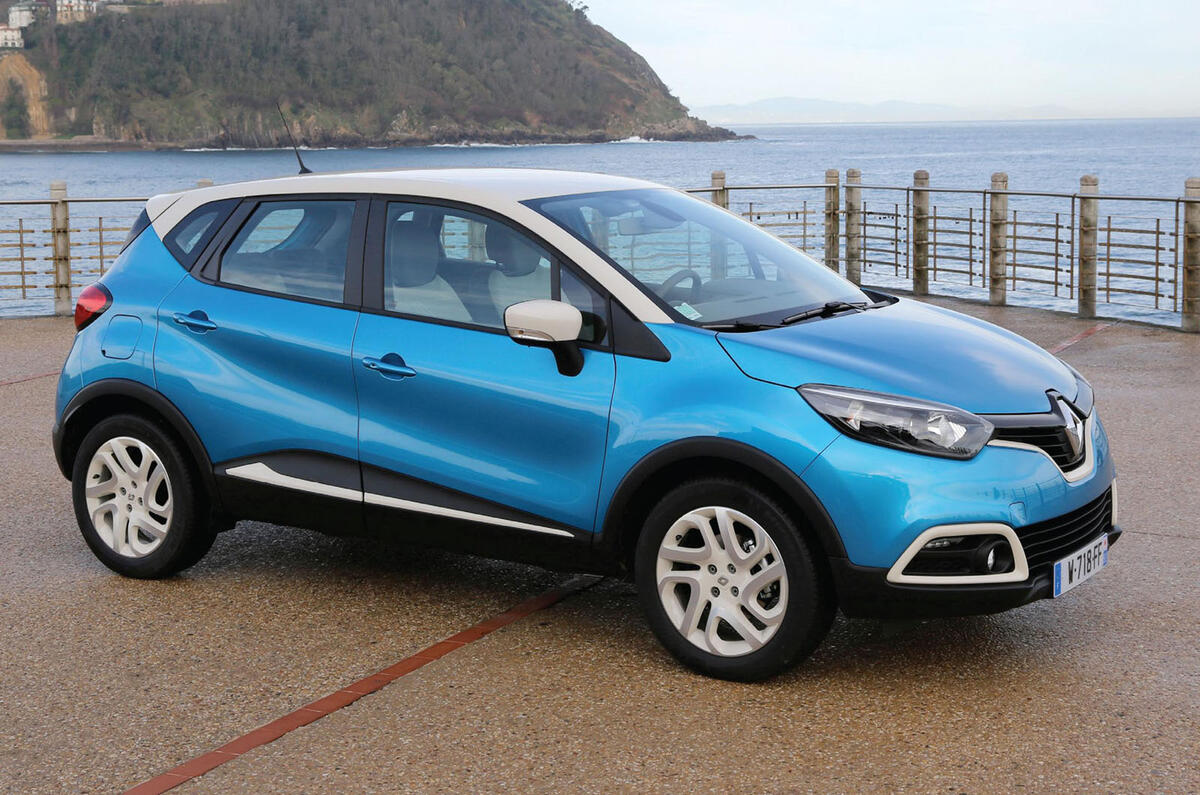
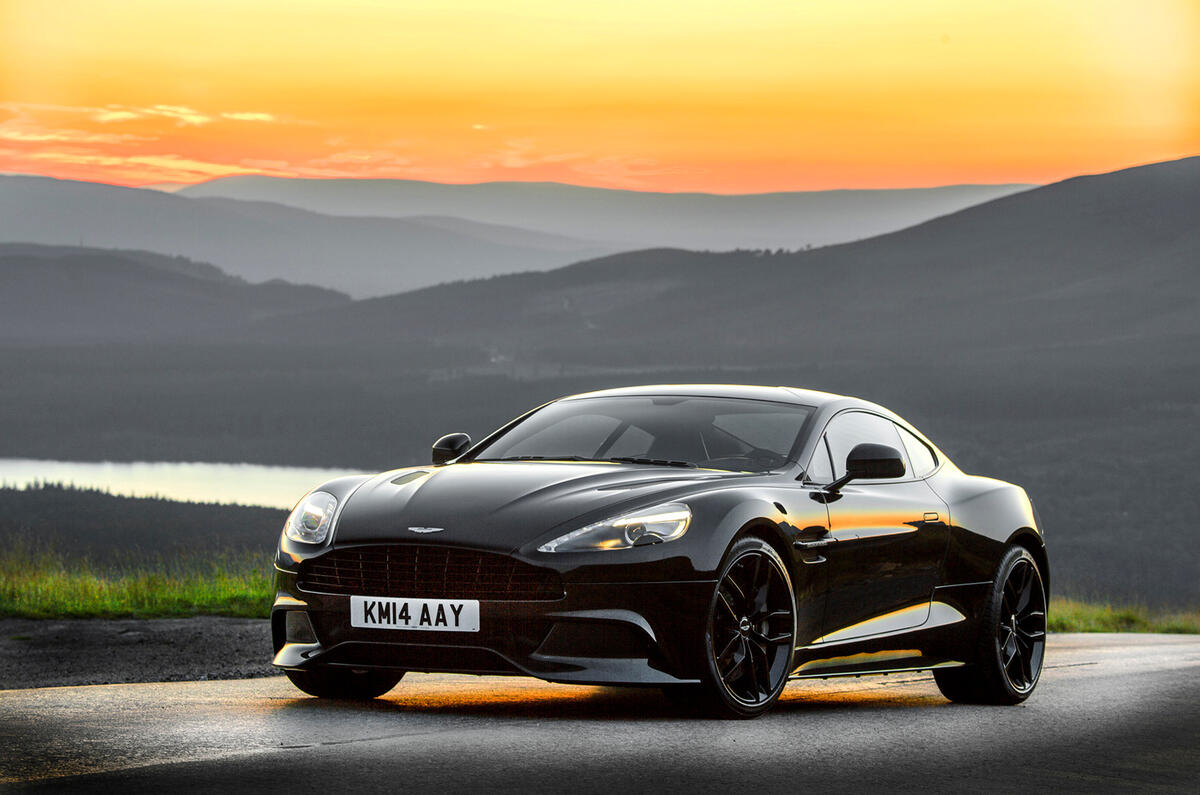
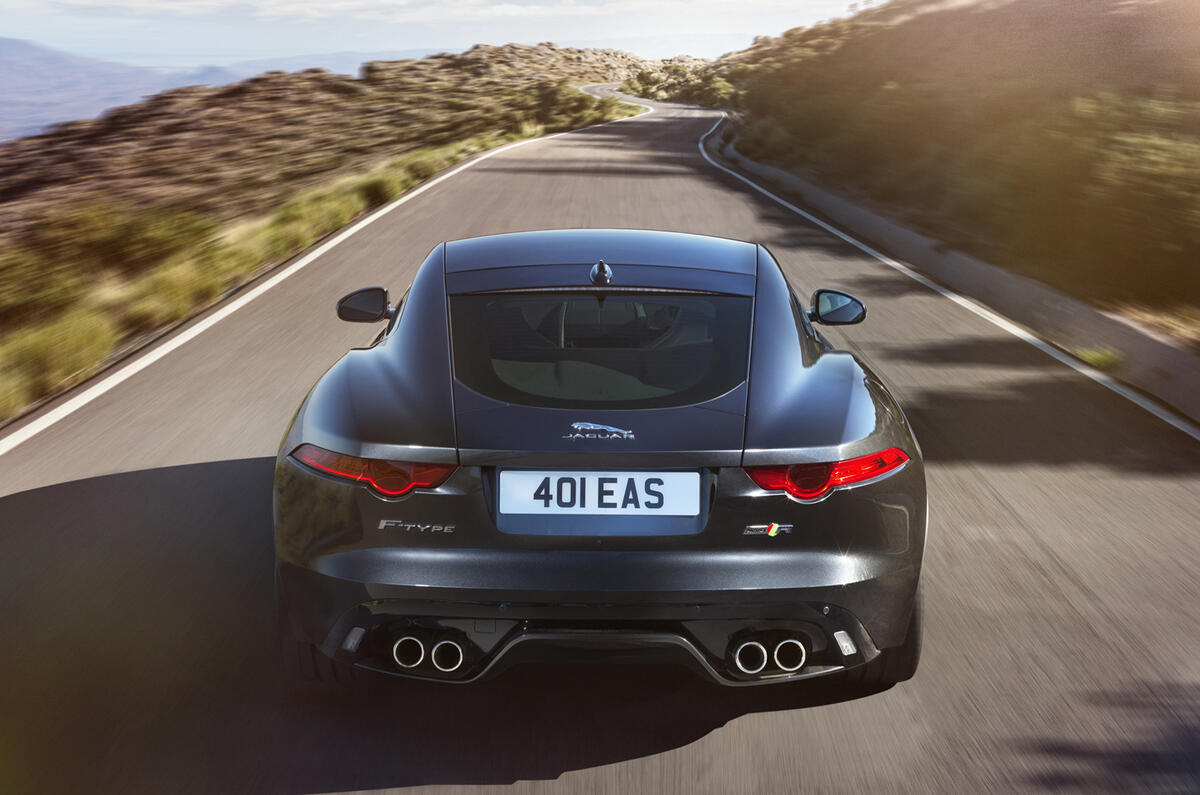
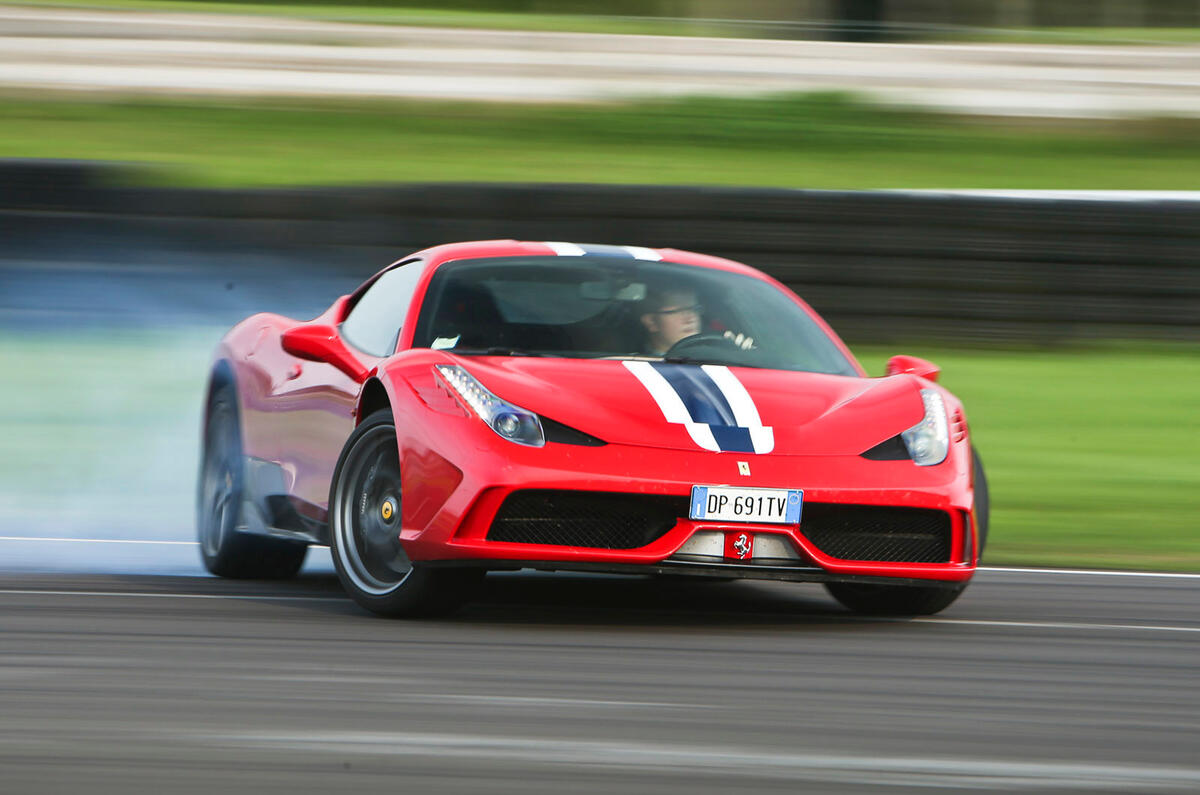
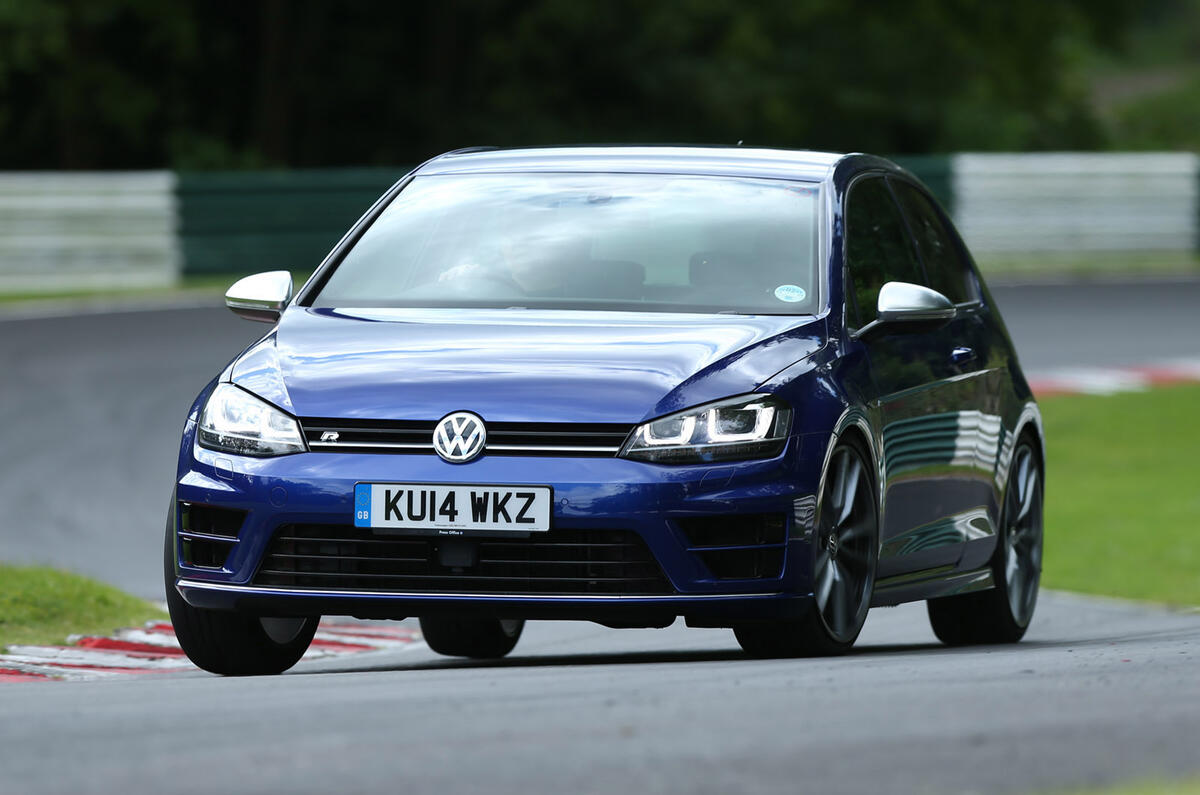
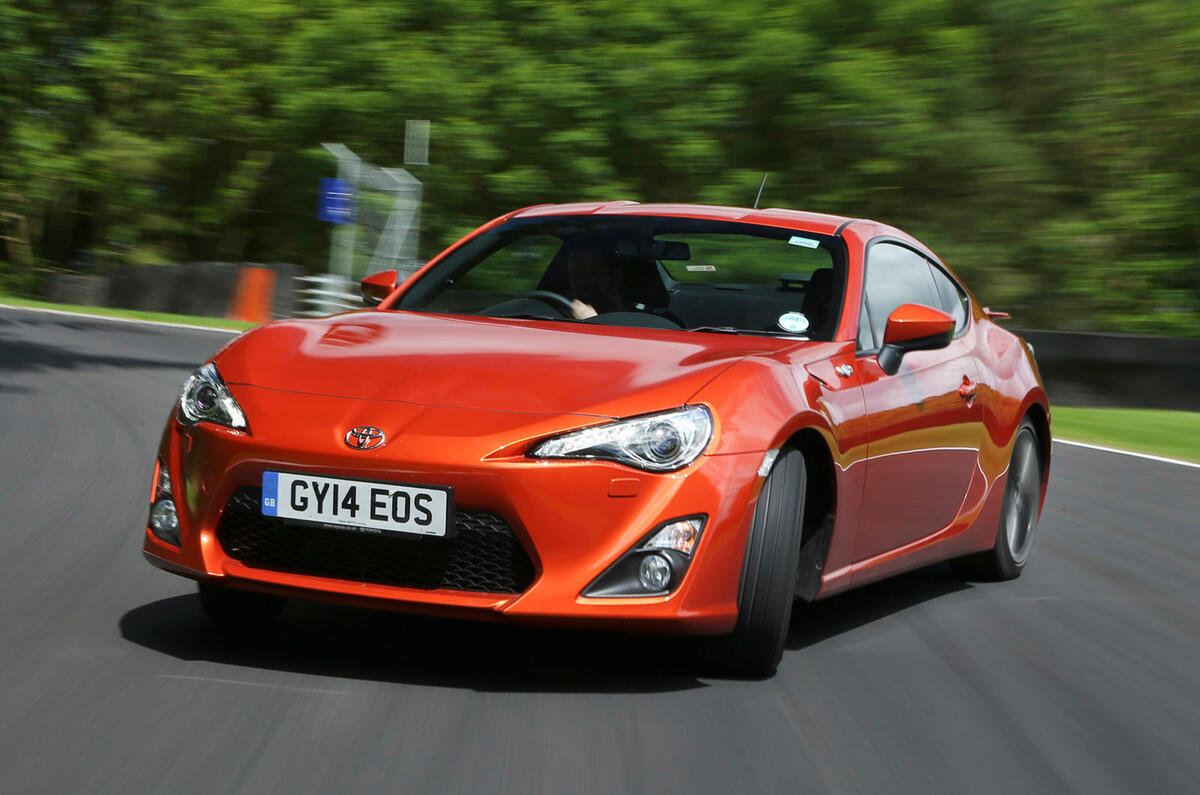
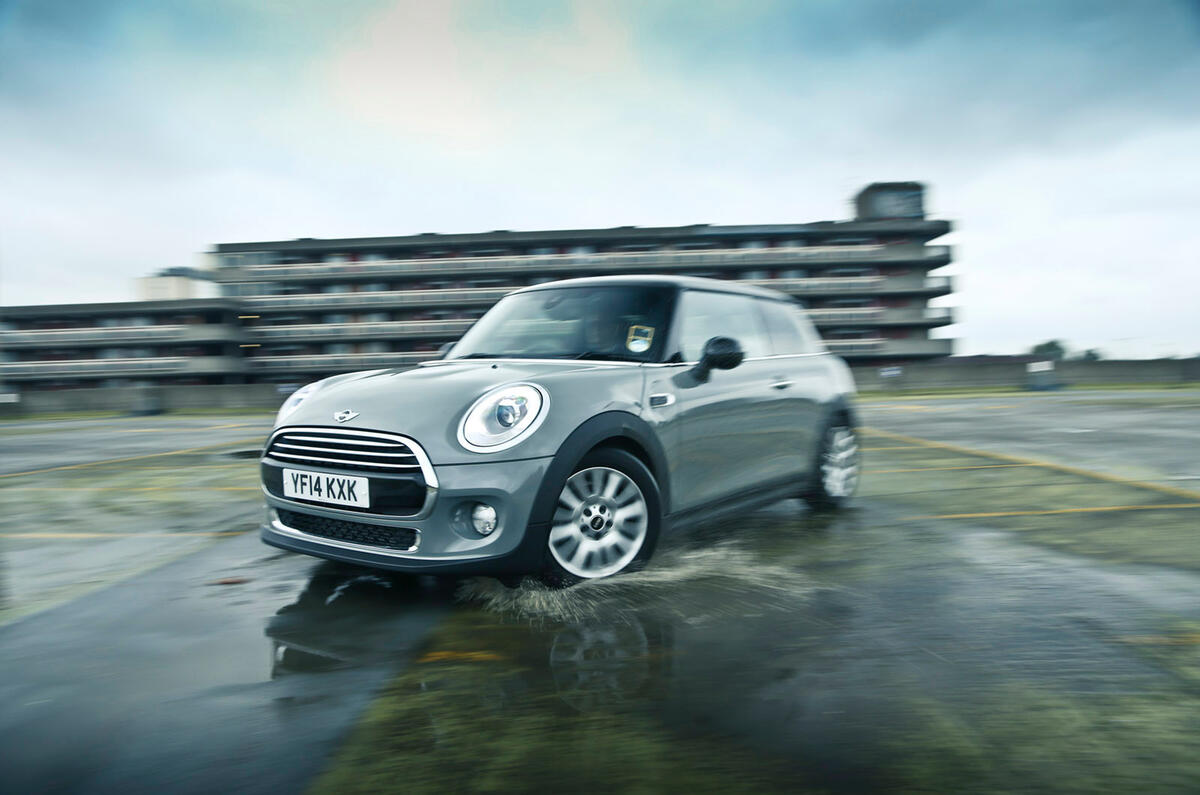
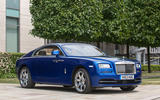
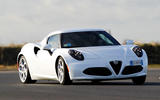
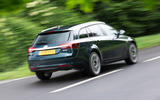
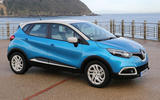
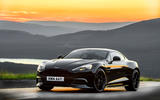
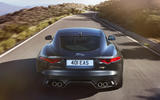
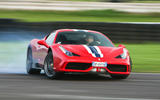
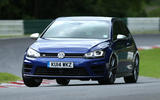
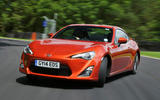
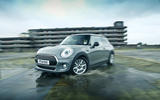



Join the debate
Add your comment
Skoda This is the ‘Waitrose
Sounds as if Autocar wouldn't miss the demise.....
I have to say there are a lot
its seems that no matter what some companies do, increasing sales, more market share, better residuals etc, this "rag" likes to put them all down, it seems like AUTOCAR is turning into "THE SUN", more drivel, less news.